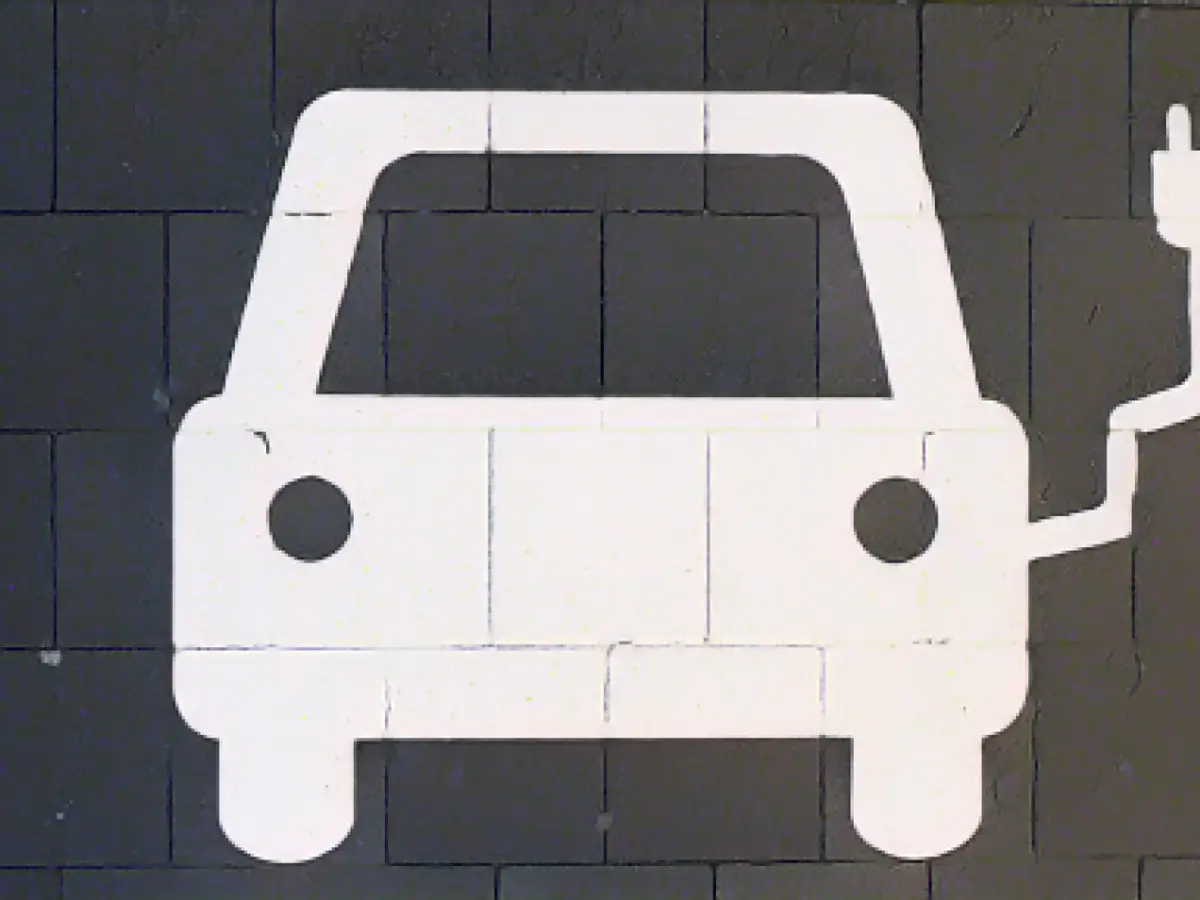Transforming Times: Balancing Grid Costs for Wind and Solar Expansion
Navigating fairness in the cost distribution of expanding electricity grids during the energy transition—a task proposed by the Federal Network Agency. Their key proposal: households and businesses in regions with a robust expansion of wind and solar power plants should no longer bear grid charges. Instead, the higher costs in these regions will be passed on to all electricity consumers across Germany.
All Grid Users Affected
The planned new regulation would impact every electricity consumer, as the costs are financed through electricity bills and grid fees. To illustrate this, the average price of electricity per kilowatt-hour was approximately 46.27 cents up to July 2023, with grid fees accounting for almost 20%. However, grid fees vary significantly from region to region due to significant investments in the grid.
The Unacceptable 'Gap'
As per the Federal Network Agency, the fees in certain areas can reach up to 15 cents per kilowatt-hour, while other regions charge below 5 cents. This glaring disparity in grid fees has grown over the years. As per Verivox's comparison portal, grid fees have increased by around 30% in the last five years. Urban dwellers and those living in rural areas have experienced a 50% higher grid fee in rural areas compared to urban areas.
Assisting 17 Network Operators
According to the key points, around 17 network operators, responsible for supplying around 10.5 million grid connections, would be entitled to pass on their additional costs to all electricity consumers. These changes would aim to lower their grid fees, bringing them close to or below the national average.
The proposed relief could save up to 120 euros per household, yet the reductions would vary. For instance, the grid fee at Fairnetz (Reutlingen) would fall by less than 0.01 cents, while Schleswig-Holstein Netz would see a reduction of almost 3 cents.
The Proposed Relief: An Overview
- The key points from the Federal Network Agency outline a plan to spread the costs more fairly among electricity consumers.
- In regions with high wind and solar power plant expansions, households and businesses should be relieved of grid charges in the future.
- The higher expansion costs in these areas would then be passed on to all electricity consumers in Germany.
- Around 17 out of approximately 870 network operators would be entitled to pass on their additional costs to all electricity consumers, providing relief to households in these regions.
- This proposed change could save up to 120 euros per household, yet the reductions may vary. The grid fee at some operators would fall by less than 0.01 cents, while others could expect a reduction of up to 3 cents.
- The proposed changes would lead to a total relief of around 608 million euros, with the majority going to network operators in Brandenburg, Schleswig-Holstein, and Saxony-Anhalt.
Creating Cohesion in the Energy Transition
Emphasizing the energy transition as a "joint task," Müller argued that the relief in grid charges would strengthen public acceptance of renewables and reinforce the sense of solidarity necessary to successfully transition to clean energy.








